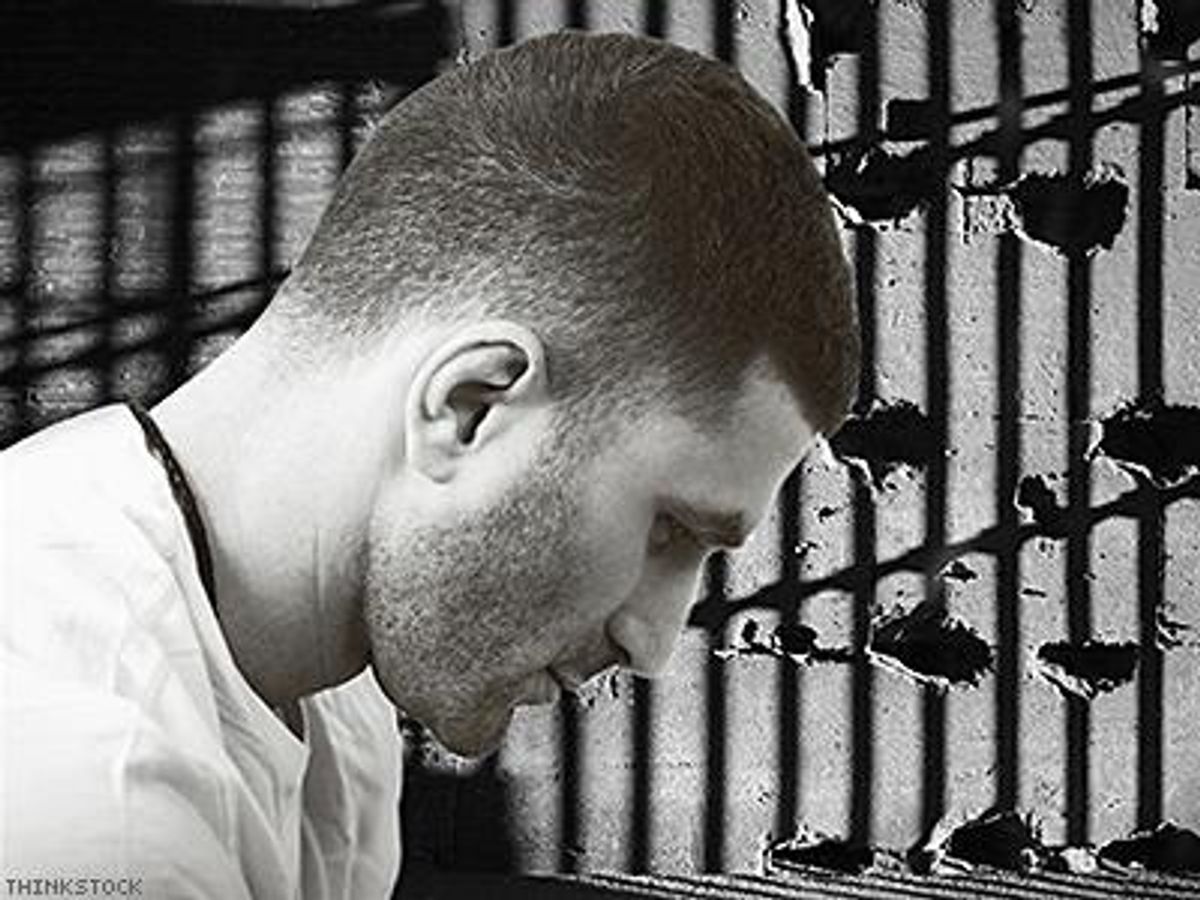In many states, if someone alleges you had sex with them without disclosing your positive status it could lead to arrest, a lengthy legal battle, a prison sentence, and a lifetime of public embarrassment and stigma — and worse — after being placed on a sex offender registry. Here’s how to cut through the red tape, still have sex, and keep yourself safe.
Thirty-four U.S. states and territories have laws criminalizing the behavior of those living with HIV, and others have prosecuted them under more general laws. These laws vary from state to state (and whether or not someone is in the military) and most are convoluted and out of step with current medical knowledge about HIV and its transmission.
For example, current Department of Defense policies exclude military service members living with HIV from enlistment or deployment. Under the Uniform Code of Military Justice, service members who know they are HIV-positive can face criminal prosecution for violating “safe sex orders,” which limit the allowable sexual activities (including some with virtually no risk of transmission).
Depending on where you live you may receive harsher sentences for crimes like assault or prostitution if you are HIV-positive. You may also be prohibited from donating blood or tissue, sharing needles, exposing someone else to bodily fluids (including saliva), or simply having sex — consensual or not, with or without a condom, and regardless of your viral load — if it’s alleged you have not disclosed your positive status to your partner.
“In some places it’s just vaginal and anal sex [that’s prohibited]; other places it includes oral sex,” says Lambda Legal HIV Project director Scott Schoettes. “Other places, like Michigan — it’s crazy — it includes any sexual penetration, even with an object.”












































































